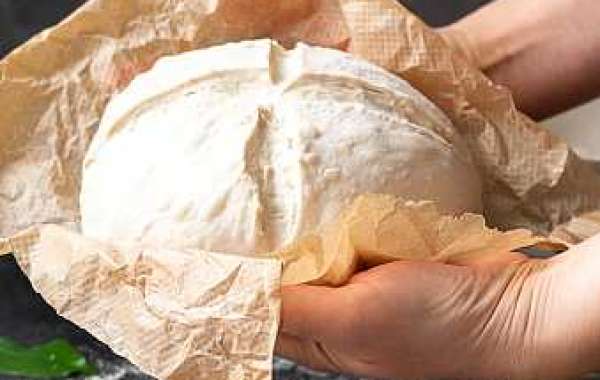Organic dairy products are often marketed as a more ethical and sustainable choice compared to conventional dairy. However, the reality behind organic dairy production may not always align with these claims. This article delves into the issue of organic dairy cruelty, highlighting the hidden suffering that can occur within organic dairy farms.
Organic dairy cruelty refers to the mistreatment and exploitation of animals within organic dairy farming operations. While organic standards generally prohibit the use of synthetic pesticides, hormones, and antibiotics, they may not address all aspects of animal welfare. In many cases, organic dairy farms still subject cows to practices that cause them significant suffering.
One aspect of organic dairy cruelty is the confinement of dairy cows. Despite organic regulations requiring access to outdoor areas, many organic dairy farms still confine cows to indoor barns for extended periods. This confinement restricts their movement and natural behaviors, leading to physical and psychological stress. The lack of space and environmental enrichment can contribute to health issues such as lameness and mastitis, further exacerbating the cruelty inherent in organic dairy farming.
Another form of organic dairy cruelty is the separation of calves from their mothers shortly after birth. This separation disrupts the natural bond between cow and calf and causes distress to both animals. Organic dairy farms may still remove calves from their mothers to maximize milk production for human consumption. The emotional suffering experienced by cows and calves during this process is often overlooked in the pursuit of organic certification.
The use of milking practices that prioritize profit over animal welfare is another aspect of organic dairy cruelty. Some organic dairy farms may employ intensive milking schedules that strain cows' bodies and lead to health issues such as udder infections and exhaustion. The emphasis on high milk yields can result in overexploitation of dairy cows, pushing them beyond their physical limits and contributing to their suffering.
Addressing organic dairy cruelty requires a comprehensive approach that encompasses regulatory reform, industry standards, and consumer education. Organic certification bodies must strengthen their standards to prioritize animal welfare and ensure that organic dairy farms provide cows with adequate living conditions and humane treatment. This includes promoting pasture-based systems that allow cows to graze freely and minimizing the use of intensive milking practices.
Industry stakeholders, including dairy farmers and processors, also play a crucial role in preventing organic dairy cruelty. By prioritizing animal welfare in their operations and investing in sustainable farming practices, they can help create a more ethical and transparent dairy supply chain. Transparency and accountability are essential in addressing organic dairy cruelty and building trust with consumers.
Consumers can also make a difference by supporting dairy products from farms that prioritize animal welfare and sustainability. Choosing organic dairy products from reputable sources that adhere to high welfare standards can help drive demand for more ethical farming practices. By voting with their wallets, consumers can send a clear message to the dairy industry that cruelty-free dairy is non-negotiable.
In conclusion, organic dairy cruelty is a complex issue that requires attention and action from all stakeholders involved in the dairy supply chain. By working together to prioritize animal welfare, we can create a dairy industry that is truly ethical, sustainable, and compassionate. Addressing organic dairy cruelty is not only a moral imperative but also a step towards building a more humane food system for all beings involved.








